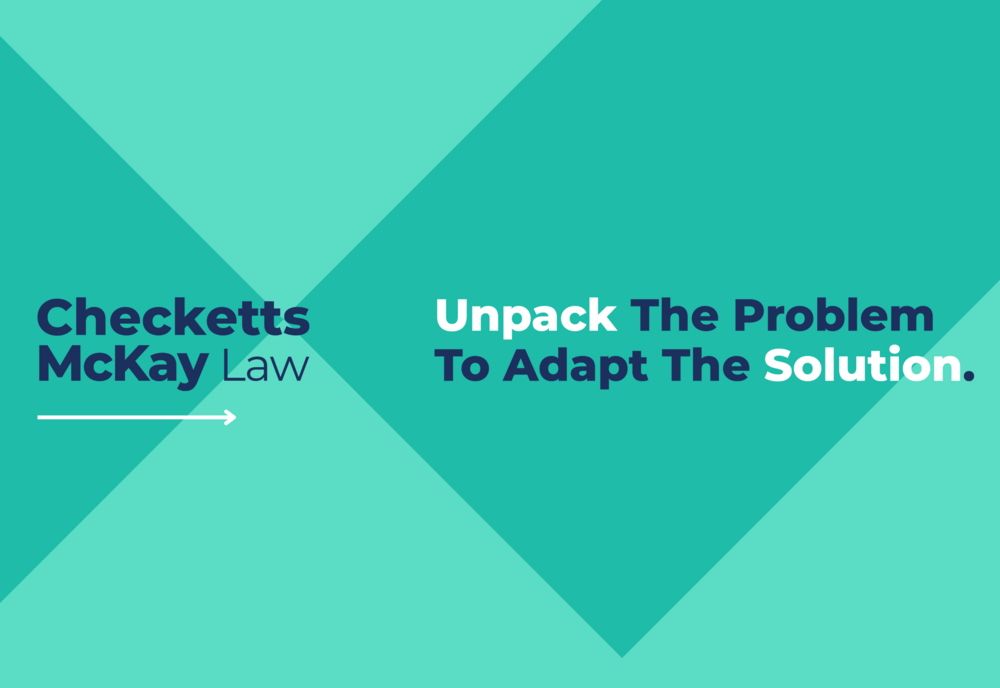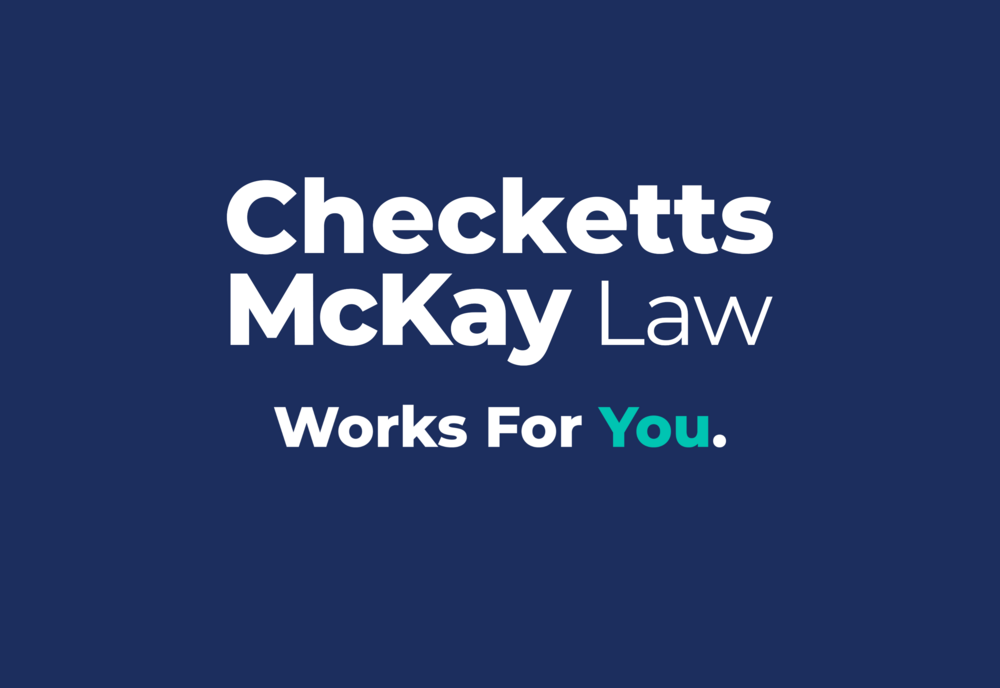Enduring Powers of Attorney – What You Need to Know (Law blog)
Paige Devereux - Checketts McKay Law
18 March 2025, 8:00 PM

As more people choose Wānaka for its stunning scenery and vibrant community, it’s easy to focus on living in the moment. However, planning for the future is just as important—especially when it comes to ensuring your personal and financial affairs are taken care of if you’re no longer able to make decisions for yourself.
One of the most effective ways to do this is by setting up Enduring Powers of Attorney (EPAs).
An EPA is a legal document that allows you to appoint someone you trust to make decisions on your behalf if you lose the ability to do so. Think of it as an insurance policy—it’s something you hope you never need, but if the time comes, you’ll be glad it’s in place.
The Basics of EPAs
When you set up an EPA, you (the ‘donor’) appoint a trusted person (your ‘attorney’) to make decisions on your behalf. There are two types of EPAs:
- Property EPA – Covers financial matters, including managing your bank accounts, paying bills, and handling investments or property transactions.
- Personal Care & Welfare EPA – Relates to your health and personal well-being, such as decisions about medical treatment or where you will live if you need care.
You can appoint the same person for both roles, but you don’t have to. Some people prefer to have different attorneys for financial and personal matters, depending on their expertise and relationships.
To future-proof your arrangements, you can also appoint back-up attorneys in case your first choice is unable to act. Additionally, you may include requirements for your attorney to consult with or inform other family members. For example, if you have multiple adult children, you might appoint one as your attorney but require them to provide updates to their siblings, ensuring transparency and family harmony.
Legal Requirements for EPAs
- Signing – EPAs must be signed in the presence of a lawyer, who will explain their implications and confirm that you fully understand your decisions.
- Capacity – If there’s any doubt about your mental capacity at the time of signing, a medical certificate may be required.
- Timing – Once you lose mental capacity, it’s too late to create an EPA. That’s why it’s crucial to set one up while you’re still fully capable.
What Happens if You Don’t Have an EPA?
Many people assume that if they lose capacity, their spouse or children will automatically be able to make decisions for them. Unfortunately, that’s not the case. Without an EPA, your family may need to apply to the Family Court to be appointed as your Property Manager or Welfare Guardian under the Protection of Personal and Property Rights Act 1988.
This legal process can be:
- Expensive – Court applications involve legal fees, which can be significant.
- Time-consuming – The process can take months, delaying essential decisions about your care and finances.
- Stressful for loved ones – Even if your family members agree on who should be appointed, the legal process adds unnecessary strain during an already difficult time.
- Ongoing obligations – If a Property Manager or Welfare Guardian is appointed by the Court, they must provide regular reports and have their appointment reviewed every three years.
By putting an EPA in place now, you can avoid this costly and stressful process for your family.
EPAs and Retirement Villages in New Zealand
With New Zealand’s growing retirement population and increasing demand for aged care facilities, many people consider moving into a retirement village as they get older. If this is something you’re planning for yourself or a loved one, it’s important to know that most retirement villages require residents to have Enduring Powers of Attorney (EPAs) in place before moving in.
This requirement ensures that if a resident loses mental capacity, there is already a trusted person legally appointed to make decisions about their health care, living arrangements, and finances. This helps avoid delays or disputes about who should be responsible for making those important decisions. If you are considering moving into a retirement village, it’s best to have your EPAs prepared well in advance to make the transition smoother and to ensure that your wishes are followed if you ever need support with decision-making.
Conclusion
Losing mental capacity is never something we like to think about, but having an EPA in place can provide peace of mind for both you and your loved ones. By acting now, you:
- Choose who will make decisions on your behalf
- Avoid unnecessary stress, delays, and legal costs for your family
- Ensure your wishes are followed regarding your health and finances
If you or someone in your family needs advice on setting up an EPA, our Wānaka-based legal team at Checketts McKay is here to help. Whether you need to draft new EPAs or navigate the process for someone who has already lost capacity, we can provide expert guidance tailored to your circumstances.
Contact our Wānaka office today to discuss your options and ensure your future is in safe hands.



